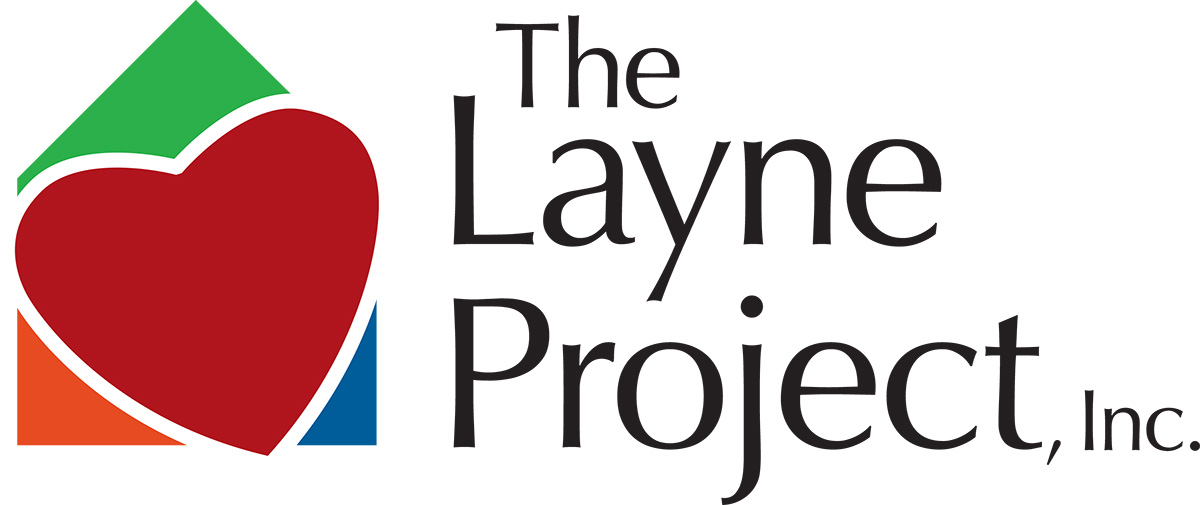Week 6: Lean Startup – Adapting & Iterating for Co-Parenting Success
What If You Treated Co-Parenting Like a Startup?
In The Lean Startup, defines a startup as an organization designed to create new products and services under conditions of extreme uncertainty.
Sound familiar?
Co-parenting, especially in its early phases, is full of uncertainty, emotional intensity, and untested assumptions. What children need, what the schedule should look like, what communication will work—none of it is obvious.
Instead of guessing or repeating what didn’t work, The Lean Startup offers a method:
Build → Measure → Learn.
This is exactly what we teach in BeH2O™.
Let Go of Assumptions and Start Testing
Too many co-parents build plans on “leap of faith assumptions” like:
-
“This transition routine works fine.”
-
“They’ll adjust if we just stick with it.”
-
“It’s better not to talk too much.”
But without real feedback from your child or your co-parent, you don’t know if those assumptions are true. The Lean Startup teaches us to:
-
Identify our value hypothesis: Will this structure really serve our child’s well-being?
-
Start small: Create an MVP—a simple agreement, a new routine, a short communication plan.
-
Measure what matters: Are transitions smoother? Is your child less anxious? Are you and your co-parent more consistent?
Pivot or Persevere?
This is the central question in both entrepreneurship and co-parenting. The goal isn’t to get it perfect the first time. It’s to get it right over time.
Sometimes, a system just needs fine-tuning. Other times, we discover we’re solving the wrong problem—or solving it for the wrong person.
Just like Ries outlines pivots in startups (zoom-in, zoom-out, customer-need, customer-segment), co-parents may need to:
-
Zoom in: Focus on a single moment that needs structure (e.g., the handoff)
-
Zoom out: Reframe the overall weekly schedule
-
Adjust the segment: Realize you’re building for the wrong “user”—maybe the plan works for you but not your child
-
Shift the need: What you thought was the main issue (lack of communication) is actually being driven by something deeper (lack of consistency in communication)
The BeH2O™ Feedback Loop
BeH2O™ coaches co-parents in creating systems—but we don’t stop there. We ask:
-
Is this working?
-
What do the behaviors, emotions, and rhythms tell us?
-
What can we try next?
We encourage small batch thinking. One agreement at a time. One adjustment. One feedback cycle.
We even use the Five Whys strategy to get to the root of recurring challenges:
“Why is my child anxious during exchanges?”
“Why do I avoid communication?”
“Why do I feel reactive when boundaries are challenged?”
At the root of almost every technical issue is a human one.
Innovation in Co-Parenting Means Facing the Truth
In a Lean Startup, progress is based on validated learning—not wishful thinking or superficial harmony. This means:
-
Removing what doesn’t contribute to learning or growth
-
Measuring what matters (not just what’s easy)
-
Building a system that can flex and evolve over time
Actionable Reflection for the Week
Ask yourself:
-
What assumption am I making in my co-parenting right now that hasn’t been tested?
-
What’s one thing I could try this week (an MVP) to get real feedback?
-
Am I committed to learning, or am I just hoping things will improve?
Co-parenting success isn’t built in a day. It’s built in cycles of testing, learning, and improving—together.
Looking Ahead: Long-Term Vision in Co-Parenting
Next week, we’ll explore All In Startup and what it means to commit to the long game—because building something great takes time, strategy, and resilience.

